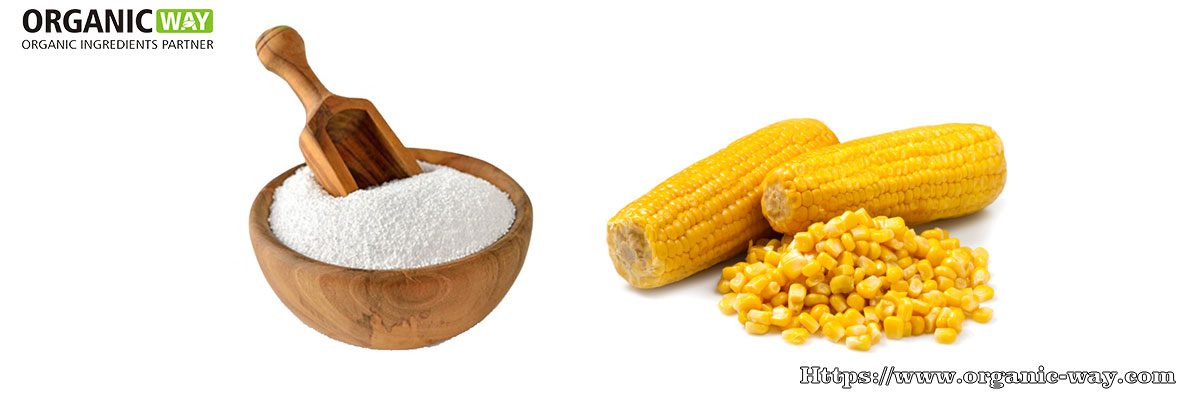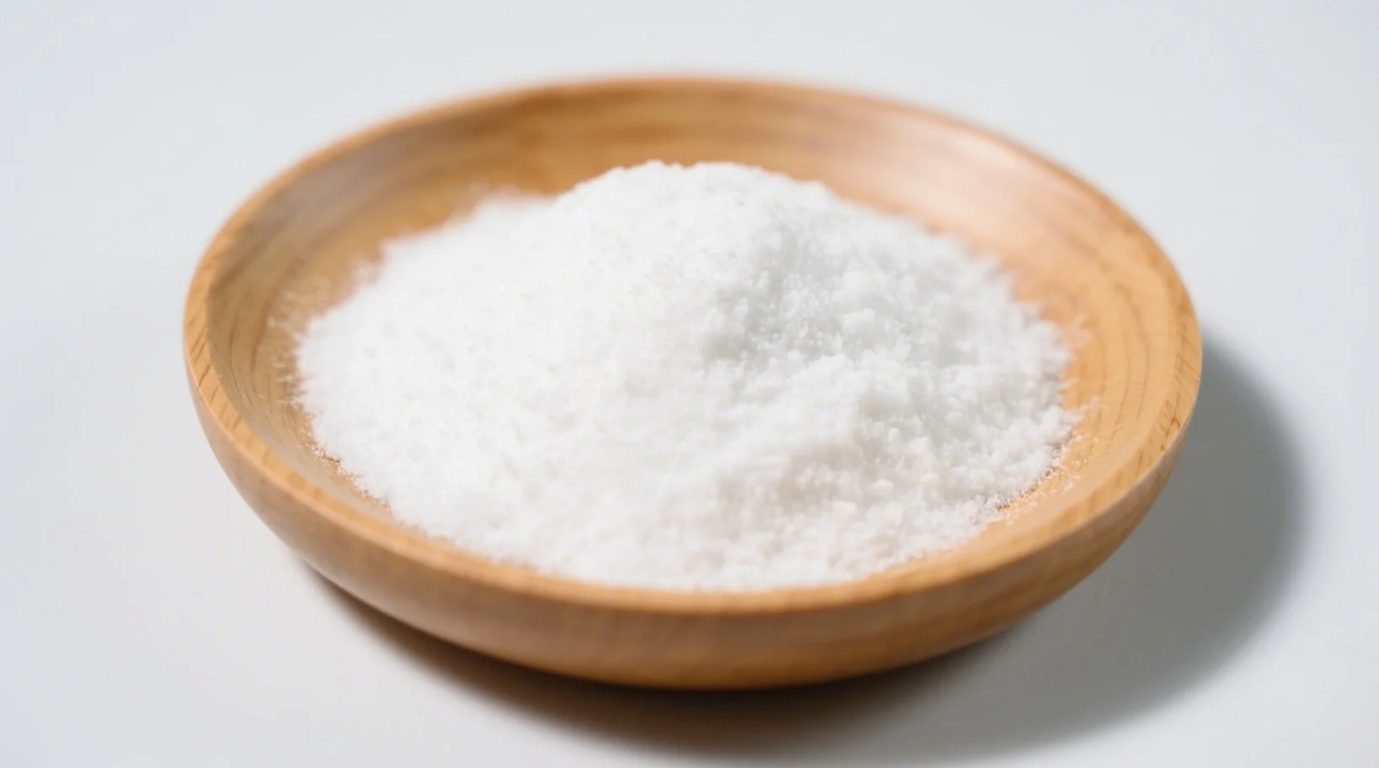Table of Contents
What is Organic Allulose Sweetener?
Organic Allulose Sweetener Powder is a rare sugar naturally derived from organic non-GMO corn, offering 70% the sweetness of sucrose with only 0.4kcal/g. This heat-stable, low-calorie sweetener mimics sugar’s texture and browning properties, perfect for guilt-free baking and beverages.

Key Highlights
- Zero Net Carbs:
- Undetectable glycemic index (GI 0), safe for diabetics and keto diets.
- 90% excreted unmetabolized, supporting weight management.
- Sugar-Like Performance:
- Maillard reaction enabled for golden baked goods.
- Soluble in hot/cold liquids, no aftertaste.
- Clean & Certified: USDA Organic, EU Organic, GRAS, non-GMO, vegan.
Specifications
| Parameter | Details |
|---|---|
| Source | Organic non-GMO corn |
| Processing | Enzymatic conversion, crystallization |
| Appearance | White crystalline powder |
| Sweetness | 70% of sucrose (1:1.4 substitution ratio) |
| Caloric Value | 0.4kcal/g (vs. 4kcal/g for sugar) |
| Solubility | 100% water-soluble |
| Shelf Life | 24 months (store in cool, dry place) |
Key Applications
- Bakery: Cookies, cakes, and gluten-free bread with reduced browning time.
- Beverages: Cold brew coffee, protein shakes, and ready-to-drink teas.
- Dairy Alternatives: Sweeten low-carb ice cream and plant-based yogurts.
- Supplements: Mask bitterness in vitamins and electrolyte powders.
Certifications & Quality Assurance
- Organic Certifications: USDA, EU 834/2007, JAS.
- Non-GMO: Verified by the Non-GMO Project.
- Purity: Heavy metals (Pb <0.1ppm, As <0.05ppm), pesticide-free.
- Microbial Safety: Compliant with USP <61> and ISO 22000.
Why Choose Us?
- Premium Quality: Third-party tested for purity and consistency.
- Sustainable Sourcing: Partnering with regenerative organic farms.
- Custom Solutions: Blends with monk fruit/stevia for enhanced sweetness.
- Global Compliance: Meets FDA, EFSA, and FSSC 22000 standards.
FAQs
Q: How does allulose compare to erythritol?
A: Allulose mimics sugar’s texture and caramelizes better, while erythritol can cause a cooling aftertaste.
Q: Can allulose cause digestive issues?
A: Unlike sugar alcohols (e.g., xylitol), allulose is generally well-tolerated in moderate doses (up to 15g/serving).
Q: Is organic allulose keto-friendly?
A: Yes! It’s a zero-net-carb sweetener, ideal for ketogenic and paleo diets.
Q: Why does allulose have calories if it’s not metabolized?
A: The FDA requires labeling of minimal calories from partial absorption, though most passes through the body unused.
Q: Can I use allulose for canning or preserves?
A: Yes! Its solubility and stability make it excellent for jams and jellies.
Packing

